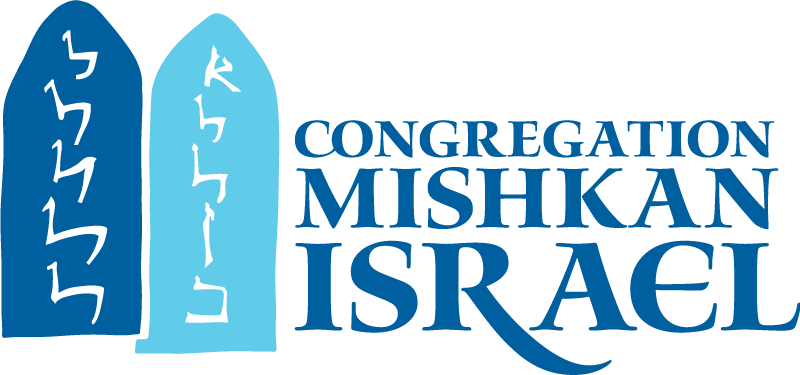Embracing Hope
Friends,
This week we begin reading our fifth book of the Torah, Deuteronomy. As we begin reading our sacred text we realize that something feels different. As Professor Bill Hallo, a CMI member of blessed memory, writes in the Reform Torah Commentary, "Deuteronomy occupies a unique position in the Hebrew Bible and in the history of biblical scholarship.[1]" Not only do we know more about its actual history, but the literary style is different than the previous four books. It is written as a series of homilies by Moses for the people before they enter the Land of Israel.
Throughout Deuteronomy, Moses implores the people to stay faithful to the covenant and God, while also recounting their journey in the wilderness. In this book we learn the Sh’ma and V’ahavta (6:4), that the Torah “is not far away but in our hearts and minds” (Deut 30:14), and ultimately to “Do what is right and good in the sight of the LORD. (6:18)” Yet while Moses stands on the edge of the promised land offering his final lessons, he will not cross over, nor will we as the reader. The Torah doesn’t offer us a “happily ever after” moment in Israel. When Moses concludes his oration, we roll back our scroll and start again at the beginning.
In early April, the “happily ever after moment” sustaining me through the pandemic was sitting in our sanctuary on Rosh Hashanah with our entire community. This too shall quickly pass, I thought, as I sang Avinu Malkeinu in my car. What optimism! When April rolled into May and the duration of the pandemic became much longer than anticipated, it felt as though we were rolling back the Torah to the beginning. Just as we were ready to re-enter the promised land and return to “normal”, we were told to continue wandering.
In Deuteronomy, Moses speaks about entering into the promised land as a fait accompli, which from a literary perspective it was certainly not – there were many battles to fight and wars to win. While we always yearn for perfection at some future time – whether of our world or our lives - often the best we can do is live our lives to the fullest each day in the present. We can embrace our loved ones, our community, and each opportunity to live our lives with joy, meaning and purpose. This will come to pass, just as the Israelites will eventually enter the promised land in the book of Joshua. As exiles, Jews have held on to a vision of hope for 2000 years, and I pray that hope sustains us, now, and during all of the challenges we face in our lives.
With blessings of health, courage, and comfort,
Rabbi Immerman
[1] The Torah: A Modern Commentary: Revised Edition (p. 1148). CCAR Press. Kindle Edition.
